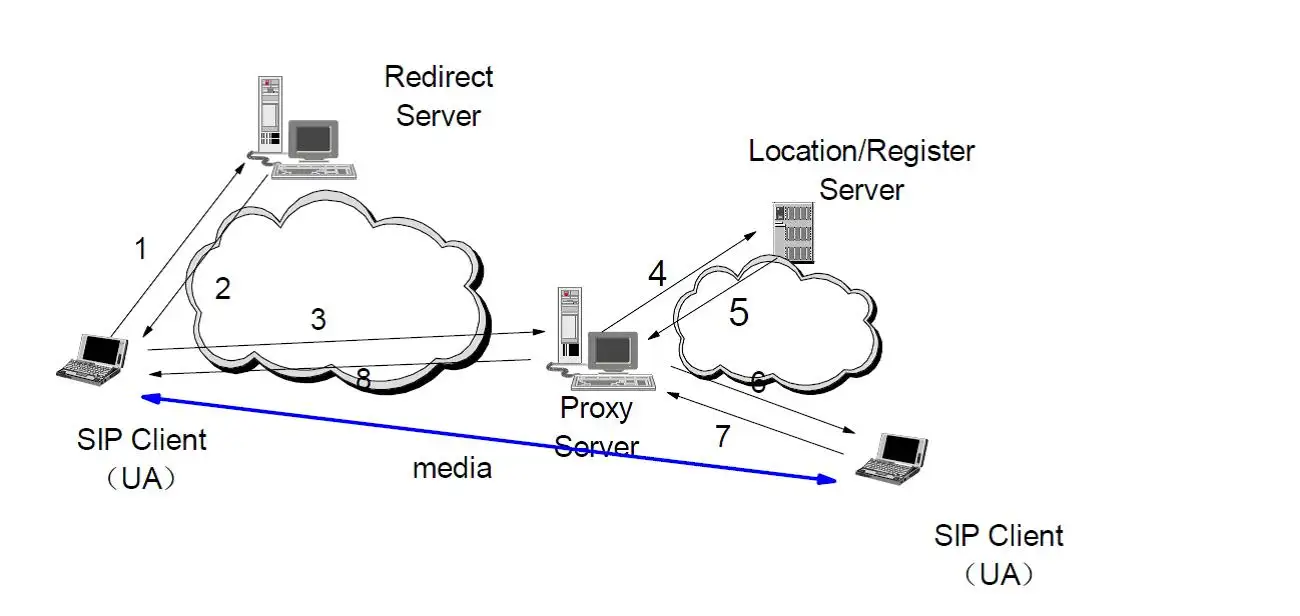Like any third-party service operating over the Internet, proxy servers are not without their cyber risks. Users should understand the common risks associated with proxies to decide if they are fit-for-purpose.
Lack of encryption: Unless a proxy is configured with encryption, it will operate through an unsecured connection.
Attackers can easily intercept communications over unsecured proxies, meaning any sensitive data like usernames and passwords are at risk of being compromised.
Unsecured connections also put users at high risk of data breaches, such as identity theft. Users should ensure they are using encrypted proxies to maximize network security.
Data logging: Proxy servers store users’ IP addresses along with their web request data. Some proxies do not encrypt this information and, depending on the service, may even sell the data to other parties – once again, putting users at risk of data breaches.
Users should always read the terms and conditions before using a proxy.
Open ports: Most proxies run on open ports, which can be exploited through security vulnerabilities. Open ports also increase security risks as they increase an organization’s total number of attack vectors.
Limited privacy: While proxy servers conceal users’ IP addresses, this privacy does not necessarily extend beyond web requests. Free proxies often operate over unsecured networks and ad-based revenue models.
Not only does this mean that anyone can ‘listen’ to user traffic, but these ads are often injected with viruses or other types of malware, which can easily infiltrate devices.
Inconsistent speed: Free proxies are susceptible to traffic overload. Servers often do not have the necessary bandwidth to serve thousands of users at once with maintained speeds and are prone to lagging.
